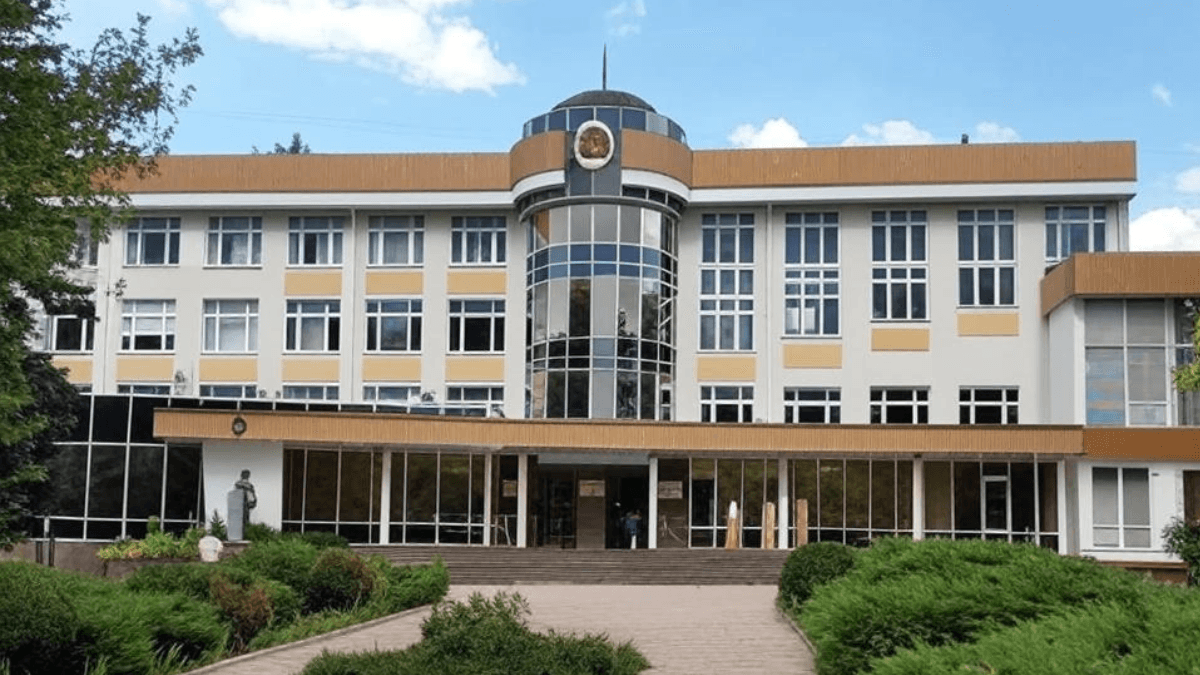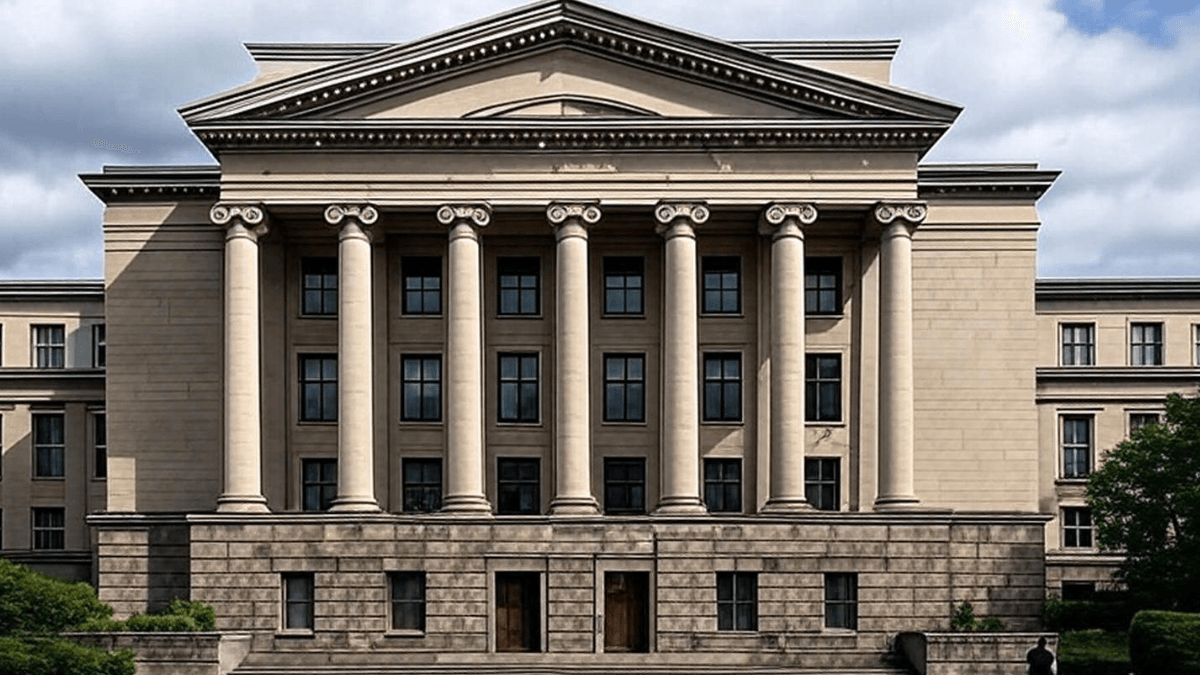
☝️ At a glance
- BSc Nursing graduates can pursue MBBS after clearing entrance exams like NEET and fulfilling eligibility criteria.
- Nursing focuses on patient care, while MBBS emphasizes diagnosis, treatment, and medical expertise.
- The MBBS program lasts 5.5 years, including a mandatory 1-year internship, with options like standard MBBS, lateral entry, or graduate entry in some countries.
- Nursing graduates benefit from hands-on experience in patient care, which helps in medical school, though the transition requires dedication.
- After completing MBBS, graduates can explore higher-paying roles as general physicians or specialize in various medical fields.
Are you a BSc Nursing graduate looking to advance your career and become a doctor? Transitioning from nursing to medicine can be a rewarding yet challenging journey. Many nursing professionals develop a passion for medicine throughout their careers and wish to pursue an MBBS (Bachelor of Medicine, Bachelor of Surgery) to become fully qualified doctors. This article will guide you through the steps involved, including eligibility criteria, entrance exams, career pathways, and the potential challenges and rewards of this transition.

Become a global doctor with MBBS abroad!
Studying abroad can be affordable and stress-free with futureMBBS:
- World-recognized universities with English-taught programs
- On-site support in partner university cities
- Guaranteed placements & internships for hands-on experience
From selecting universities and supporting you with the application process to orientation and finding accommodation – we are at your side.
BSc Nursing degree vs MBBS: Key Differences
Both BSc Nursing and MBBS are vital to our healthcare system, yet they offer unique educational paths and career opportunities. A BSc in Nursing specializes in patient care, equipping students with essential skills in patient management, medication administration, and assistance to doctors. Nurses are the foundation of health facilities, consistently working directly with patients to meet their daily needs and facilitate recovery. Choosing a career in nursing means becoming a critical player in improving patient outcomes and delivering compassionate care.
In contrast, pursuing an MBBS degree equips students to become skilled doctors, emphasizing the critical areas of diagnosis, treatment, and disease prevention. Doctors play a vital role in healthcare by carefully analysing patients' symptoms, conducting essential tests, prescribing effective treatments, and performing surgeries when necessary. Their specialized training demands a deep understanding of pathology, pharmacology, and advanced clinical skills. While nursing provides invaluable hands-on patient care, a medical degree offers a thorough and analytical insight into health and disease, making it an essential path for those committed to improving lives through comprehensive medical expertise.
Both nursing and medicine play vital roles in healthcare, but their scopes differ significantly. Nurses provide essential care and support, forming the backbone of patient interaction, while doctors excel in diagnosing conditions and making critical decisions. Transitioning from a BSc in Nursing to an MBBS offers an incredible opportunity: it empowers individuals to elevate their career from a supportive role to one of authority and leadership, making a profound impact on patient outcomes and the future of healthcare.
Candidates can check the table below to know the key differences between the two.
Particulars | BSc Nursing | MBBS |
Course Level | UG | UG |
Course Duration | 4 years | 5 years |
Course Fees | INR 8,500 to INR 1.3 lakhs | INR 25,000 to INR 1.15 crore |
Entrance Exams | NEET UG, AIIMS Nursing, PGIMER Nursing, CMC Ludhiana BSc Nursing, Indian Army Nursing, JIPMER Nursing, KGMU Nursing, RUHS Nursing, BHU Nursing, Jamia Hamdard Nursing | NEET |
Popular Colleges | AIIMS Delhi, King George's Medical University, Armed Forces Medical College, JIPMER, Government Medical College | AIIMS Delhi, Christian Medical College Vellore, Banaras Hindu University, JIPMER Puducherry, etc. |
Job Profiles | Executive Administrative Assistant, Staff Nurse, Emergency Medical Technician, etc. | Medical Surgeon, Medical officers, Paediatrician, General Physician, etc. |
Average Salary | Up to INR 5.1 LPA | INR 2.5 LPA - INR 15 LPA |

Study medicine abroad with 100% support!
futureMBBS offers full support to make your dream of studying medicine abroad a reality.
- Hassle-free admission guidance
- Fast-tracked visa processing
- Post-arrival support, including accommodation assistance
BSc Nursing course vs MBBS: Duration and curriculum
The BSc Nursing and MBBS programs offer distinct paths, each essential to healthcare, but they differ significantly in duration and structure. The BSc Nursing is a comprehensive four-year undergraduate course designed to equip students with vital skills in healthcare management, patient care, and clinical practices. Its curriculum covers crucial topics like anatomy, nutrition, nursing fundamentals, and community health nursing, placing a strong emphasis on hands-on training in hospitals and healthcare settings. This program not only prepares students to provide immediate and effective care but also empowers them to make a lasting impact on patient recovery and rehabilitation. Choosing BSc Nursing means stepping into a rewarding career dedicated to enhancing lives.
On the other hand, the MBBS program comprises 5.5 years, including 4.5 years of academic study followed by a mandatory one-year internship. It covers subjects such as anatomy, physiology, pathology, pharmacology, surgery, and internal medicine. The focus is on understanding disease science, mastering diagnostic techniques, and applying medical knowledge to treat various health conditions. In the final year, students gain practical experience as interns under senior doctors.
In contrast, the MBBS curriculum offers a more comprehensive understanding of the human body and disease mechanisms. While both MBBS and BSc Nursing include clinical training, BSc Nursing emphasizes patient care, whereas MBBS delves deeper into medical science, diagnosis, and treatment.
After BSc nursing course how to become a doctor
The journey from a Bachelor of Science in Nursing (BSc Nursing) to a Bachelor of Medicine, Bachelor of Surgery (MBBS) is an ambitious and strategic career move. While both nursing and medicine are essential components of the healthcare system, the roles are quite distinct. Nurses primarily focus on patient care, assist doctors, and implement treatment plans, whereas doctors are responsible for diagnosing, treating, and managing illnesses on a broader scale.
By pursuing an MBBS after completing your nursing degree, you will assume a more authoritative role in patient care, including the ability to prescribe medications and perform surgeries. This transition not only enhances your professional standing but also opens up new opportunities for specialization in the medical field.
Although your nursing education provides a solid foundation in healthcare, moving into medicine requires additional training. Completing an MBBS is the most direct path to becoming a licensed medical practitioner. You may need to start with the fundamentals in medical school, as nursing and medical curricula differ; however, your background in nursing will offer you a practical advantage along the way.
Eligibility criteria for MBBS after BSc Nursing
If you're considering an MBBS after earning your BSc in Nursing, you're on a promising path to further your medical career. However, it's essential to understand the eligibility requirements, which can differ by country and institution. By fulfilling these prerequisites, you position yourself for success in a field that truly makes a difference. Generally, most universities will look for:
Age: You should be at least 17 years old at the time of admission. Some institutions may have an upper age limit.
Educational Background: While having a BSc Nursing degree is an asset, you will need to have completed 12th grade or its equivalent with Physics, Chemistry, and Biology (PCB) as core subjects. Your performance in these subjects plays a crucial role in your eligibility for MBBS programs.
Minimum Marks: Typically, a minimum aggregate of 50% in PCB at the 12th-grade level is required, though this may vary by institution. For reserved categories, the percentage may be relaxed.
Entrance Exam: In most countries, an entrance exam is mandatory to qualify for MBBS admission.
Having a BSc Nursing degree does not exempt you from these requirements; however, it can provide practical experience and foundational knowledge that will benefit you during your MBBS studies.
Pathways to becoming a doctor after BSc nursing
There are different pathways to pursue an MBBS after BSc Nursing, depending on your location and academic qualifications. Below is a brief overview of these pathways:
Pathway | Description |
Standard MBBS | This involves applying for a regular MBBS course (typically 5.5 years) after clearing the necessary entrance exams. You will start from the first year, covering all core medical subjects. |
Lateral Entry | In some countries, there are options for lateral entry where BSc Nursing graduates may be admitted into the second year of MBBS, recognizing your prior healthcare education. |
Graduate Entry Medicine | In countries like the UK, there are graduate-entry MBBS programs (4-5 years), specifically designed for candidates who already have a health-related degree. These programs are more intensive but shorter. |
Entrance exams for MBBS after BSc nursing
Securing a seat in an MBBS program often requires passing a medical entrance exam, regardless of your prior qualifications in nursing. In India, the most common exam is the National Eligibility cum Entrance Test (NEET), which is mandatory for MBBS admissions across the country. NEET evaluates your knowledge of Physics, Chemistry, and Biology, and scores from this exam determine your eligibility for medical schools.
For international aspirants, other countries have their own entrance exams, such as the UCAT and BMAT in the UK or MCAT in the US. It's crucial to research the specific entrance exams required in the country where you intend to pursue MBBS. BSc Nursing graduates often have the advantage of familiarity with human biology and healthcare practices, which can make the preparation for these exams more manageable.
Advantages and challenges
One of the significant advantages of pursuing an MBBS after completing a BSc in Nursing is the strong foundation you already have in healthcare and patient management. Your practical experience in hospitals and clinics as a nurse gives you an edge in handling real-world medical scenarios, which is an invaluable skill during medical training. Additionally, you possess a more holistic view of patient care, potentially enhancing your practice as a doctor.
However, there are challenges to consider. The transition to an MBBS program involves extensive theoretical and practical studies, with subjects such as anatomy, pharmacology, and surgery being new to nursing graduates. The time commitment is considerable, as MBBS programs typically last 5.5 years, followed by mandatory internships and possible specialization courses. Financial investment can also be significant, as medical education is usually costlier than nursing programs. Moreover, adjusting to the rigorous academic environment of medical school after gaining work experience can be challenging, but many nurses successfully navigate this transition.
Jobs and salary prospects after becoming a doctor
After completing your MBBS, you will have a wide range of career opportunities available to you, from working as a general physician to specializing in fields such as surgery, pediatrics, or cardiology. As a doctor, you will earn a significantly higher salary compared to nursing roles. In India, the average salary for a general practitioner ranges from INR 7 to 12 lakhs per annum, depending on factors like location and the type of healthcare facility. By pursuing further specialization in areas such as cardiology or oncology, you can achieve even higher earnings.
In countries like the US, UK, or Canada, doctors earn considerably more, with annual salaries for general practitioners often exceeding $100,000, while specialists can earn much higher amounts. The global demand for doctors remains high, ensuring job security and continuous opportunities for career growth.
Conclusion
Making the switch from a BSc in Nursing to becoming a doctor is definitely a tough but rewarding journey. Your nursing experience helps you build practical skills and connect with patients. Just keep in mind that going for an MBBS takes a lot of dedication and effort. If you're eager to dive deeper into the medical field and take on more responsibilities in caring for patients, this transition can open up a lot of rewarding career opportunities.
Your medical career abroad starts here!
Thinking of pursuing MBBS abroad? Don’t just dream it, do it!
Start your MBBS journey!FREQUENTLY ASKED QUESTIONS
FAQs about 'How to become a doctor after BSc Nursing: Pathways'
How can I become a doctor after completing a BSc Nursing course?
To become a doctor after BSc Nursing, you must pursue an MBBS degree by clearing the NEET exam and meeting eligibility criteria. You'll start your medical education from scratch.
Are BSc Nursing graduates eligible for direct admission to MBBS programs?
No, BSc Nursing graduates must meet the same eligibility criteria as other candidates, including passing entrance exams like NEET to apply to medical schools.
What entrance exams are required to get admission in medical schools for MBBS after BSc Nursing?
The most common exam is NEET in India, but other countries may require exams like the MCAT (US) or UCAT (UK) for medical college admission.
Does my BSc Nursing degree provide any advantage in medical education?
Yes, BSc Nursing graduates have practical experience in patient care and clinical settings, which helps in medical school, especially in hands-on training and clinical practice.
How long does it take to complete MBBS after BSc Nursing?
MBBS usually takes 5.5 years, including a 1-year mandatory internship, even for nursing graduates.
What are the career prospects after becoming a doctor post-BSc Nursing?
After completing MBBS, you can pursue careers as a general physician or specialize in various fields, leading to higher salaries and leadership roles in healthcare settings.




